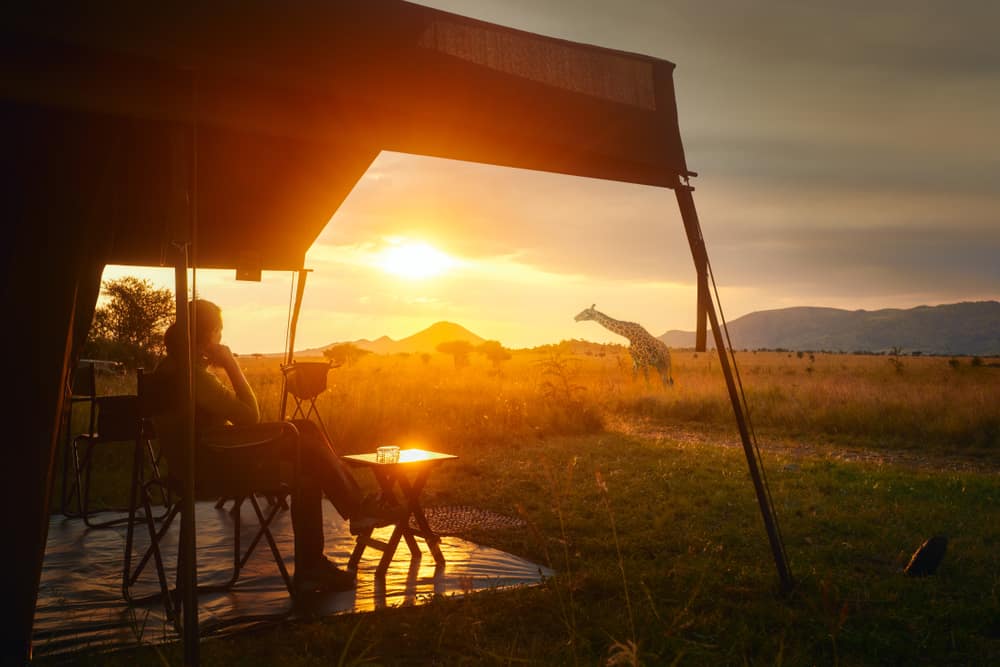A holiday park on the Isle of Wight may undergo redevelopment with plans to introduce 17 new holiday lodges, shifting away from touring pitches to cater to the growing demand for high-end accommodations.
The proposed transformation of Cheverton Copse Holiday Park, located near Lake, aims to position the site as an “upmarket and exclusive tourism attraction.”
The planning application, submitted by owner Mike Haslin, outlines a phased approach to replace 17 touring pitches with premium holiday units.
Additionally, the proposal includes a new amenity block, parking spaces, and other supporting infrastructure, according to a report by the Isle of Wight Observer.
A statement from the applicant’s agent, Robert Gray Design, highlights the potential economic benefits of the project, emphasizing its contribution to the local economy.
“The scheme would create employment and contribute a significant amount to the local rural economy which is heavily dependent on the tourist trade – and would help to support other local attractions, public houses, restaurants, and convenience stores in the locality,” the statement reads.
The shift towards luxury accommodations comes as the park faces declining demand for traditional touring and camping pitches, reflecting broader trends in the region’s tourism sector.
“The data for the all-important summer season paints a dire picture of the declining state of tourism on the Isle of Wight,” the statement continues, noting that fewer visitors are booking touring and camping spots for 2025.
In response, the park’s directors believe a move toward high-quality lodges aligns with consumer preferences and provides long-term financial sustainability.
For outdoor hospitality operators, this shift underscores the importance of adapting to changing market dynamics.
The rising preference for luxury holiday lodges over traditional touring pitches suggests an opportunity for businesses to reassess their offerings.
Investing in premium accommodations could help parks maintain competitiveness, particularly in destinations where tourism fluctuations impact occupancy rates.
A public consultation on the proposal will remain open until March 14, with a final decision expected by May 8.


